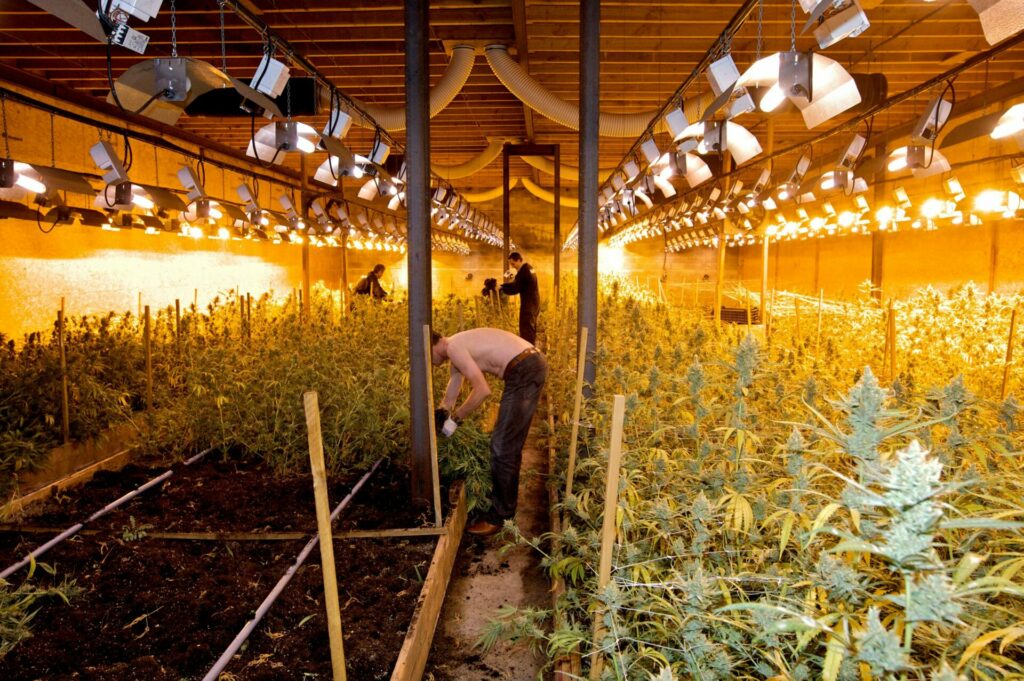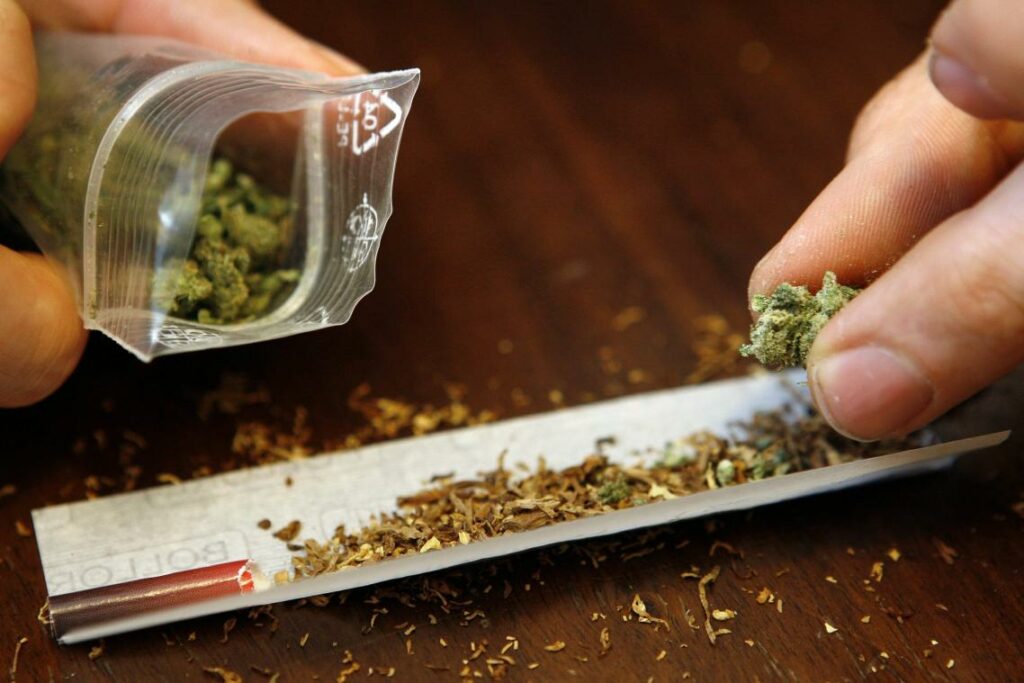For those partial to the psychoactive herb cannabis, 20 April (known in the US as 4/20) is a day of celebration for the drug, with groups sometimes gathering to "light up" at the given hour on the given day.
Not so in Belgium, where a law dating back more than a century currently outlaws the drug and shrouds the use of its legal component CBD in ambiguity. With no plans for legalisation, the country lags far behind its progressive neighbours Luxembourg, the Netherlands and even Germany on cannabis-related policy.
Is it time Belgium considers decriminalising the plant?
Why 4/20?
Time Magazine traces the term back to 1971 when a group of five students at a high school in California started meeting at 16:20 to smoke cannabis straight after extracurricular activities.
"4/20" soon became their code for weed, and one of the students who worked with the Grateful Dead (psychedelic rock band) started a ritual of smoking weed on 20 April at 16:20, for which he distributed flyers.
The term and the tradition stuck and spread across the world, and today the number '420' and weed have become inseparable.
But while Belgium's bordering countries Luxembourg and the Netherlands are far more tolerant of the soft drug – allowing 4/20 to become an annual (albeit unofficial) celebration of the plant – growing or possessing cannabis remains a crime punishable by a fine or imprisonment in Belgium.

Thousands of cannabis plants at a farm in Flanders where police discovered Belgium's largest cannabis plantation ever found. Credit: Belga/Kurt Desplenter
Nevertheless, offences have been given a “low prosecution priority” under the conditions that the perpetrator is older than 18, the drug was meant for personal use, it concerns less than 3 grams, and the possession does not come with “aggravating circumstances or disturbance of public order.”
Belgium’s drug law is 101 years old; the need to update legalisation has been addressed multiple times, as the law is currently largely repressive. Last year, Brussels City mayor Philippe Close has repeatedly called on the authorities to decriminalise the use of cannabis in Belgium, as a first step towards legalisation. With a functioning framework in place, he hopes that coffee shops can "soon" open in Brussels.
For Close, the problem of drugs in society will never be solved by the police alone, which is why he said the authorities need to work with doctors, psychologists and social workers as well to focus on prevention, not punishment.
Related News
- Regularisation of hard narcotics needed to tackle drug issue, says councillor
- 'Dare to legislate': Brussels mayor repeats call to legalise cannabis
- Coffee shops will 'hopefully' soon open in Brussels,' says Mayor
He stated that he "genuinely does not know anyone who has never tried a joint," but Belgium does not want to talk about it because it does not want to see the problems that drugs cause. "I see a joint like I see a glass of whisky: if you have one on a Saturday evening, you do not have a problem. But if you start your day with it, you do. And then you need help."
Currently, some small stores are already selling cannabis sweets without the active THC components, but Close wants to create a framework to regulate them. "For example, they should not be too close to schools. With that same framework, I hope that we will also soon have coffee shops in Brussels."
He added that it is time for Belgium to "stop its hypocrisy" and put in place an integrated plan for the problem of drug use.
'Unhappy birthday'
Action groups #STOP1921 and SMART on Drugs launched a campaign on the 100th anniversary of Belgium’s drug law: "Unhappy Birthday!" which advocates the decriminalisation of the possession of all illegal substances for personal use and establishing a parliamentary working group to review drug policy in a humane way.
“It is high time we start the debate and take a critical look at current drug policy. Our contemporary society needs a balanced, pragmatic and modernised drug policy,” the organisations stated.
Advocates for the decriminalisation of drugs also consider the economic benefits that it would bring, given that the National Bank of Belgium estimated the drug consumption market in Belgium at nearly €700 million for 2019.
Campaigners highlighted the costs weighing on society due to the Covid-19 crisis and argue that new regulations for cannabis “could weigh heavily in the balance.”

